Speaker
Description
In an increasingly data-driven era, the enduring challenge of denied data access presents a substantial impediment to scientific progress and innovation. This issue, arising from proprietary restrictions, institutional compartmentalisation, ethical ambiguities, and the absence of standardised mechanisms for data sharing, significantly constrains researchers’ and innovators’ capacity to validate findings, cultivate collaboration, and develop critical solutions. The ramifications are extensive: unnecessary duplication of effort, delayed breakthroughs, compromised reproducibility, and a general stagnation within research trajectories. This challenge is particularly pronounced in disciplines dependent upon extensive, sensitive, or commercially valuable datasets. Surmounting the barriers posed by denied data access necessitates a global commitment to the principles of open science, the development of secure and resilient data-sharing infrastructures, the articulation of coherent legal and ethical frameworks, and a cultural reorientation towards collective data stewardship. Confronting these barriers is imperative if we are to realise the full potential of research and innovation, generate societal benefit, and ensure equitable participation in an increasingly data-centric world.

